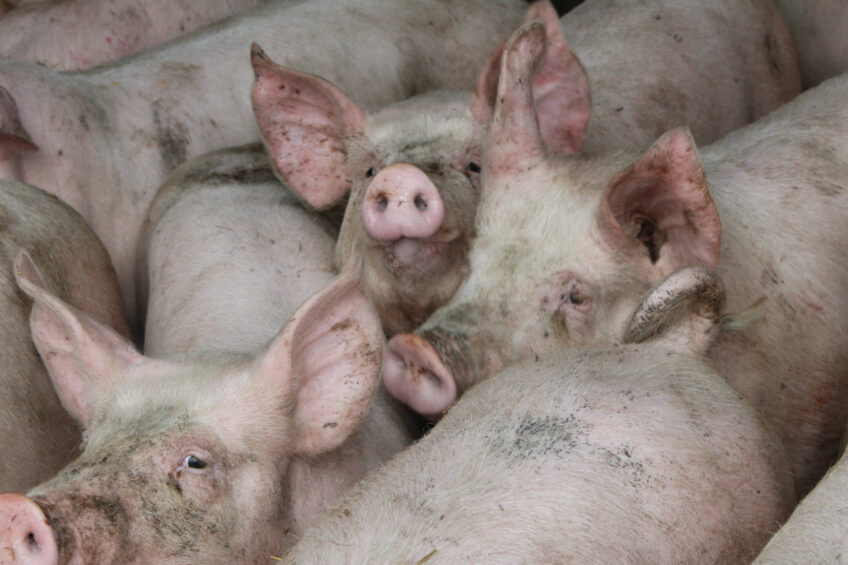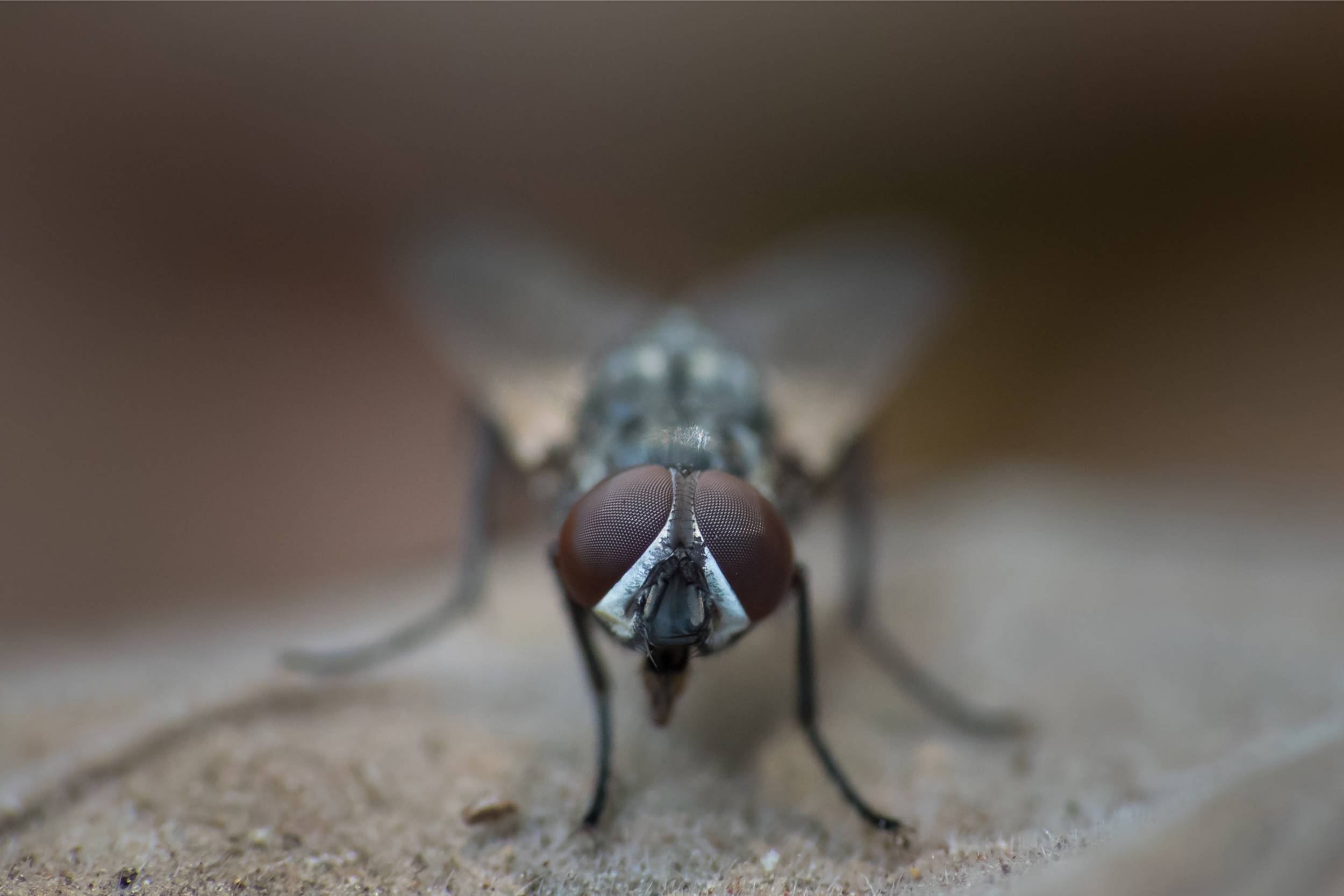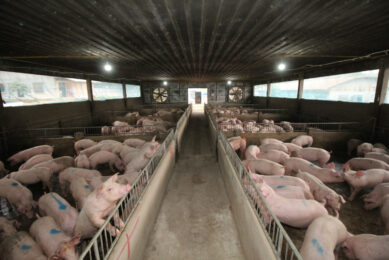ASF Italy: Northern Italy culls tens of thousands of pigs

African Swine Fever (ASF) continues to claim victims on pig farms in northern Italy. Only in the northern regions this year, so far 23 pig farms have been infected in 2024, leading to the culling of tens of thousands of pigs.
The exact number of culled pigs is hard to ascertain, as in 2024, the official updates related to ASF to the World Organisation for Animal Health (WOAH) have ceased to include precise details about the size of the affected farms. The national epidemiological bulletin in Italy reports that, to date (30 August 2024), 23 farms in northern Italy have fallen victim to the virus in 2024. Under European law, all pigs will have to be culled if ASF virus is detected on the premises.
Various news websites, for instance the Italian daily newspaper Il Giorno, speak of substantial numbers of culls. In a news item from late August, this news outlet mentions an amount of 41,000 pigs having been culled just this summer.
The website of the zooprophylactic institute of Abruzzo and Molise suggests that, to date, 75,609 pigs were present on farms that were confirmed positive for the virus this year.
Up until last year, farm sizes were reported in the updates by the WOAH. From that data, it became clear that in 2023, Italy had to cull around 20,000 pigs due to the direct presence of ASF.
African Swine Fever in wild boar
The presence of ASF in farms is a result of the emergence of genotype II of the virus in Italy’s wild boar population in January 2022. This first occurred in the north, followed by a separate outbreak zone around Rome. Ever since, genotype II of the virus has found its way to 5 different zones in Italy. Without any doubt, the zone in the north of Italy, in the vicinity of the cities Genoa and Milan, is the most worrisome, as this coincides with the heart of Italy’s swine production. This zone includes the regions Lombardy, Liguria, Piedmont and Emilia-Romagna. In this region, from 2022 until now, a total of 2,262 wild boar (mostly carcasses) have been tested positive for ASF virus.
Of those regions, Lombardy has received the hardest blow. That holds true particularly for the province of Pavia, with the virus first emerging on farms in August 2023. Pavia had 9 infected farms in 2023 and the count in 2024 stands at 12. Marta Sempio is president of Confagricoltura Pavia, the Pavia division of the organisation representing Italy’s agricultural industry. She recently told news outlet RAI News that in 1 year the number of pigs has dropped dramatically, “We went from 230,000 head to 100,000 today. Our farms are empty.”
According to RAI News, the Pavia pig sector is worth almost €220 million, having 170 farms and offers work to 400 people.
Stricter regulations to contain further ASF spread
For restriction zones 1, 2 and 3 new regulations got put in place this week. To prevent further spread, transporting any animals away from farms except for slaughter is forbidden until mid-September. Sempio’s colleague Nicola Radice Fossati, president of the livestock section of Confagricoltura Pavia, commented, “The spaces dedicated for 100 animals become for 200, clearly too many animals destroy everything and our men work in precarious conditions.”
Farmers have been complaining about reimbursements which have been stopped until November 30, RAI News reported. And there is a constant request for rapid interventions to eradicate wild boar. Radice Fossati said, “The situation is dramatic, we have no prospects, no future.”
ASF keeps expanding in wild boar
In the meantime, the area where ASF has been found on farms is growing. This week, the first farms were found infected in Lodi province, also located in Lombardy region. In total 3 farms were confirmed infected, near the towns Borghetto Lodigiano, Sant’Angelo and Marudo.
The area where ASF is found in wild boar has been expanding as well. The virus has been observed in wild boar carcasses near the town Fornovo di Taro, at just under 25 km from the city Parma, known for its ham and cheese products.











